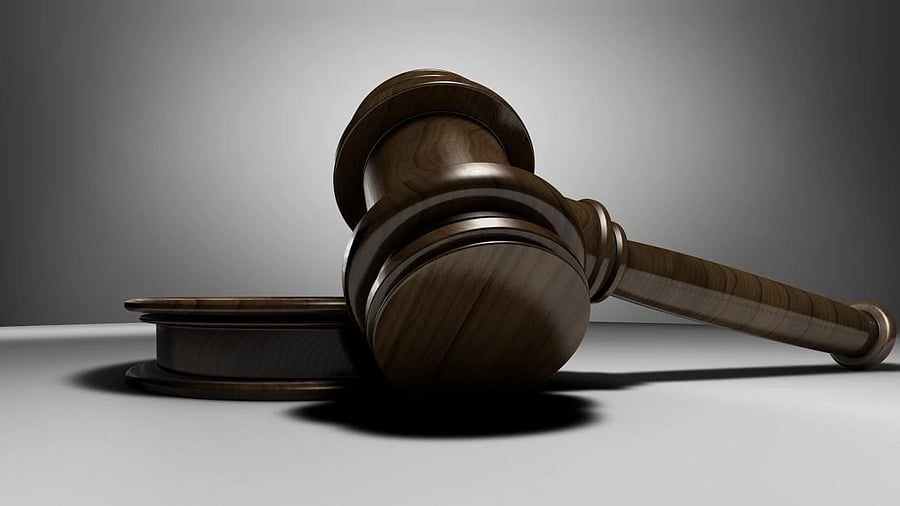
Image of a gavel (for representation).
Credit: iStock Photo
New Delhi: The appointment of ad-hoc judges to tackle the backlog of lakhs of criminal cases has not found favour with the high courts as none of them have so far recommended any names, nearly nine months after the Supreme Court cleared the idea in January.
According to people aware of the procedure to appoint Supreme Court and high court judges, till October 11, none of the 25 high courts recommended any names for appointment as ad-hoc judges.
The Union Law Ministry has not received any recommendation from any of the high court collegiums in this regard.
Concerned with the pendency of more than 18 lakh criminal cases, the Supreme Court on January 30 allowed the high courts to appoint ad-hoc judges, not exceeding 10 per cent of the court's total sanctioned strength.
Article 224A of the Constitution allows the appointment of retired judges as ad-hoc judges in high courts to help manage case backlogs.
According to the laid down procedure, the respective high court collegiums send recommendations or names of candidates to be appointed as high court judges to the Department of Justice in the law ministry.
The department then adds inputs and details on the candidates before forwarding the same to the Supreme Court Collegium.
The SC Collegium then takes a final call and recommends to the government to appoint the selected persons as judges.
The president signs the 'warrant of appointment' of the newly-appointed judge.
The procedure to appoint ad-hoc judges will be the same except that the president will not sign the warrant of appointment. However, the assent of the president will be sought for appointing ad-hoc judges.
Except in one case, there is no precedence of appointing retired judges as ad-hoc high court judges, officials pointed out.
In a judgement dated April 20, 2021, on the appointment of ad-hoc judges in the high courts, the top court imposed certain conditions.
However, later a special Supreme Court bench comprising then-Chief Justice Sanjiv Khanna, and justices B R Gavai (incumbent CJI) and Surya Kant relaxed certain conditions and kept some in abeyance.
The verdict, which was authored by former chief justice S A Bobde, directed retired high court judges to be appointed as ad-hoc ones for a period of two to three years to clear the backlogs.
While one condition said that ad-hoc judges couldn't be appointed if a high court is working with 80 per cent of its sanctioned strength, the other said ad-hoc judges could sit separately on benches to deal with cases.
Relaxing the conditions, the top court said the requirement that vacancies should not be more than 20 per cent of the sanctioned strength for the time being shall be kept in abeyance.
The bench said each high court should keep the appointment to two to five ad-hoc judges, and not exceed 10 per cent of the total sanctioned strength.
"The ad-hoc judges will sit in a bench presided over by a sitting judge of the high court and decide pending criminal appeals," the apex court's order said.
The rarely used Article 224A of the Constitution deals with the appointment of ad-hoc judges in high courts.
"The Chief Justice of a High Court for any State may at any time, with the previous consent of the President, request any person who has held the office of a Judge of that Court or of any other High Court to sit and act as a Judge of the High Court for that State," it says.